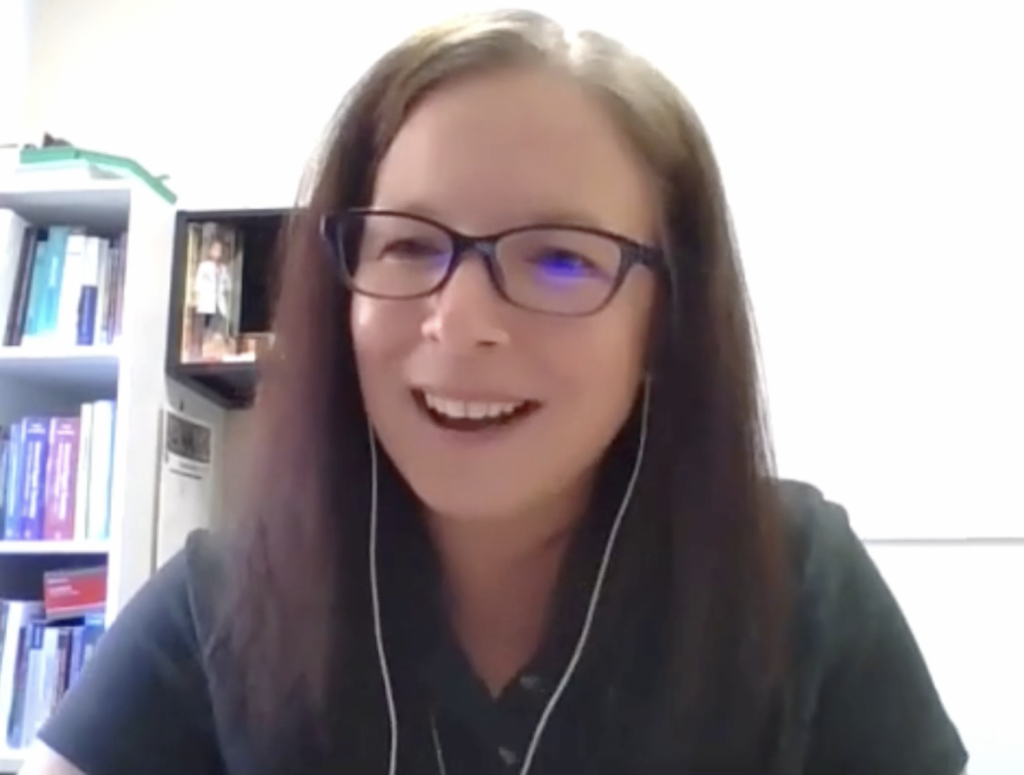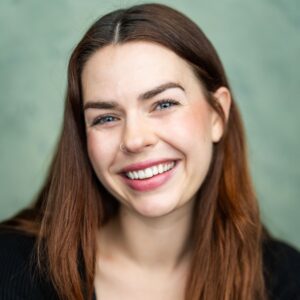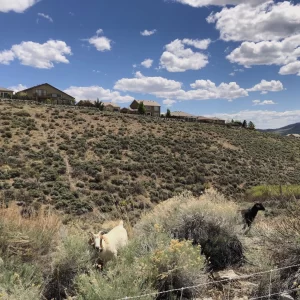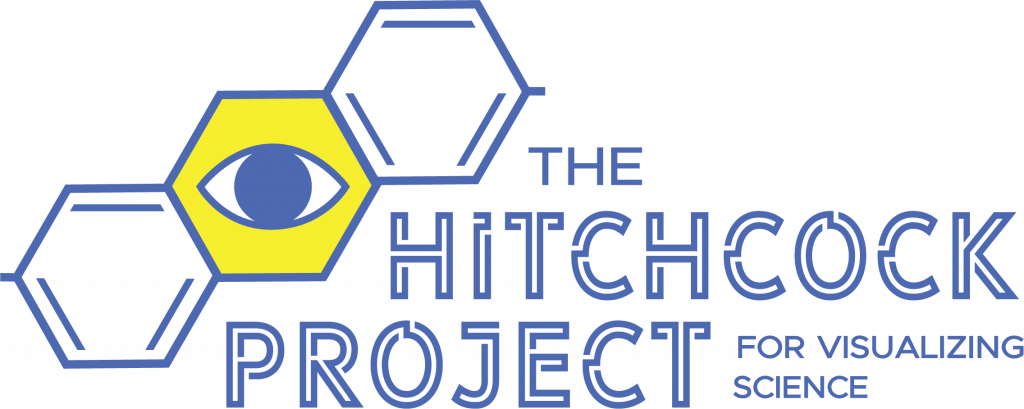
Dr. Laina Geary is a synthetic organic chemist and a professor at University of Nevada Reno. The Hitchcock Project spoke with Dr. Geary about her work and her experience as a woman in a male-dominated STEM field.
HP: What is the focus of your research?
LG: We are a synthetic organic chemistry group, so we’re interested in making molecules, particularly organic ones that either have known biological activity or have a common structural feature in them that are prevalent in other biologically active molecules. A couple of our projects focus on making these five-membered carbon-based strings, and they share similar features to a group of compounds called prostaglandins. So we are interested in developing tools that could enable the synthesis of drugs or drug-like molecules. We’re also very much interested in the mechanism of how it happens. How do the electrons actually flow when we’re making and breaking new bonds throughout the new chemical process?
HP: What drew you to this topic in chemistry?
LG: Like a lot of people finishing high school, I was interested in perhaps a medical career. So I did all the very typical intro science classes, and of course chemistry was one of them. And then I failed organic chemistry in my second year.
So I took some time off, regrouped, and almost just out of sheer stubbornness, I went back and I was like, ‘I am going to master organic chemistry!” And then as I went on throughout my undergraduate career, I realized how much I loved it and how cool it was to be able to manipulate matter on such a fundamental level to create new reactions, so I went to graduate school and now I’m a professor.
HP: What are some challenges you have faced in your career?
LG: When I started my PhD, we had very general loose goals, like ‘there’s this class of intermediates, let’s try to figure out something cool to do with it…’
I loved the freedom that I had in it, and it really honed my creativity in chemical sequences, but it also led to the first three and a half years of my PhD being basically a complete failure. The first three and a half years of my degree are summarized in about a page of my 800-page dissertation. So just learning how to get over failures, and realizing that not all failures are just failures, but they’re stepping stones to something else, and being able to drive that into something that was ultimately really successful.





